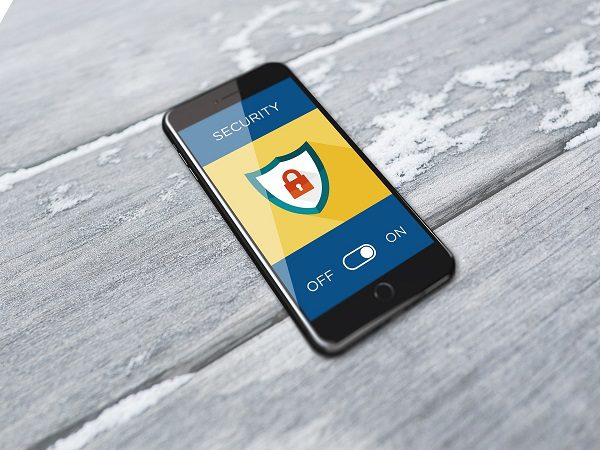Cell Phone Security: Tips to Keep Your Personal Data Safe

Introduction:
In the era of digital dominance, our cell phones have become an indispensable part of our daily lives. From personal conversations to financial transactions, our smartphones store a treasure trove of sensitive information. With the increasing prevalence of cyber threats, it’s crucial to prioritize cell phone security. This article explores effective tips to help you safeguard your personal data and ensure a secure mobile experience.
Understanding the Threat Landscape:
Before delving into security measures, it’s essential to comprehend the diverse threats lurking in the digital realm. Cybercriminals employ various tactics, such as phishing, malware, and unauthorized access, to compromise your cell phone’s security. Recognizing these threats is the first step towards implementing robust protective measures.
Update Your Operating System Regularly:
One of the simplest yet most effective ways to enhance cell phone security is by keeping your operating system up to date. Regular updates often include security patches that address vulnerabilities identified by the device’s manufacturer. By staying current, you reduce the risk of falling victim to exploits that target outdated software.
Install Reliable Security Apps:
Investing in reputable security applications can provide an additional layer of defense against potential threats. Antivirus and anti-malware apps are designed to detect and eliminate malicious software, ensuring your device remains secure. Choose apps from trusted developers and keep them updated to leverage the latest security features.
Enable Biometric Authentication:
Take advantage of biometric authentication methods like fingerprint recognition or facial unlock to enhance the security of your device. These features provide a more secure alternative to traditional passwords, making it significantly harder for unauthorized users to access your personal data.
Use Strong, Unique Passwords:
Crafting strong and unique passwords is a fundamental yet often overlooked aspect of cell phone security. Avoid using easily guessable combinations and opt for a mix of letters, numbers, and special characters. Regularly update your passwords and refrain from using the same one across multiple accounts to mitigate the risk of a security breach.
Be Wary of Phishing Attempts:
Phishing remains a prevalent tactic employed by cybercriminals to trick users into revealing sensitive information. Exercise caution when clicking on links or responding to unsolicited messages. Verify the legitimacy of emails and messages, especially those requesting personal or financial information, to thwart potential phishing attacks.
Implement Two-Factor Authentication:
Enable two-factor authentication (2FA) whenever possible to add an extra layer of security to your accounts. This ensures that even if your password is compromised, an additional verification step is required for access. 2FA significantly reduces the risk of unauthorized access to your personal data.
Regularly Back Up Your Data:
Data loss can occur due to various reasons, including hardware failure, accidental deletion, or security breaches. Regularly back up your cell phone data to an external cloud service or a secure location to safeguard important files and information. In the event of a security incident, you can restore your data without significant loss.
Review App Permissions:
Apps often request various permissions to access specific features on your device. Take the time to review and understand these permissions before granting access. Limiting the data that apps can collect enhances your overall cell phone security and minimizes the risk of unauthorized information disclosure.
Secure Your Wi-Fi Connection:
Using public Wi-Fi networks exposes your device to potential security risks. When connecting to Wi-Fi, ensure it is secure and, if necessary, use a virtual private network (VPN) to encrypt your internet connection. This safeguards your data from potential eavesdropping by malicious actors on public networks.
Regularly Check for Suspicious Activity:
Stay vigilant by regularly reviewing your cell phone for any signs of suspicious activity. Unusual battery drainage, unexpected data usage, or unfamiliar apps on your device could indicate a security breach. Promptly investigate and address any anomalies to maintain the integrity of your personal data.
Conclusion:
As our reliance on smartphones continues to grow, prioritizing cell phone security becomes paramount. By implementing these tips, you can create a robust defense against potential threats, ensuring your personal data remains safe and secure. Stay proactive, stay informed, and empower yourself with the knowledge to navigate the digital landscape securely.





